A new evolutionary analysis indicates that kissing is millions of years older than humanity itself, with a primate ancestor that lived more than 21 million years ago. This study, published in Evolution and Human Behavior, offers the first cross-species reconstruction of how this intimate behavior emerged and persisted across great apes, and even extended to our extinct relatives, the Neanderthals.
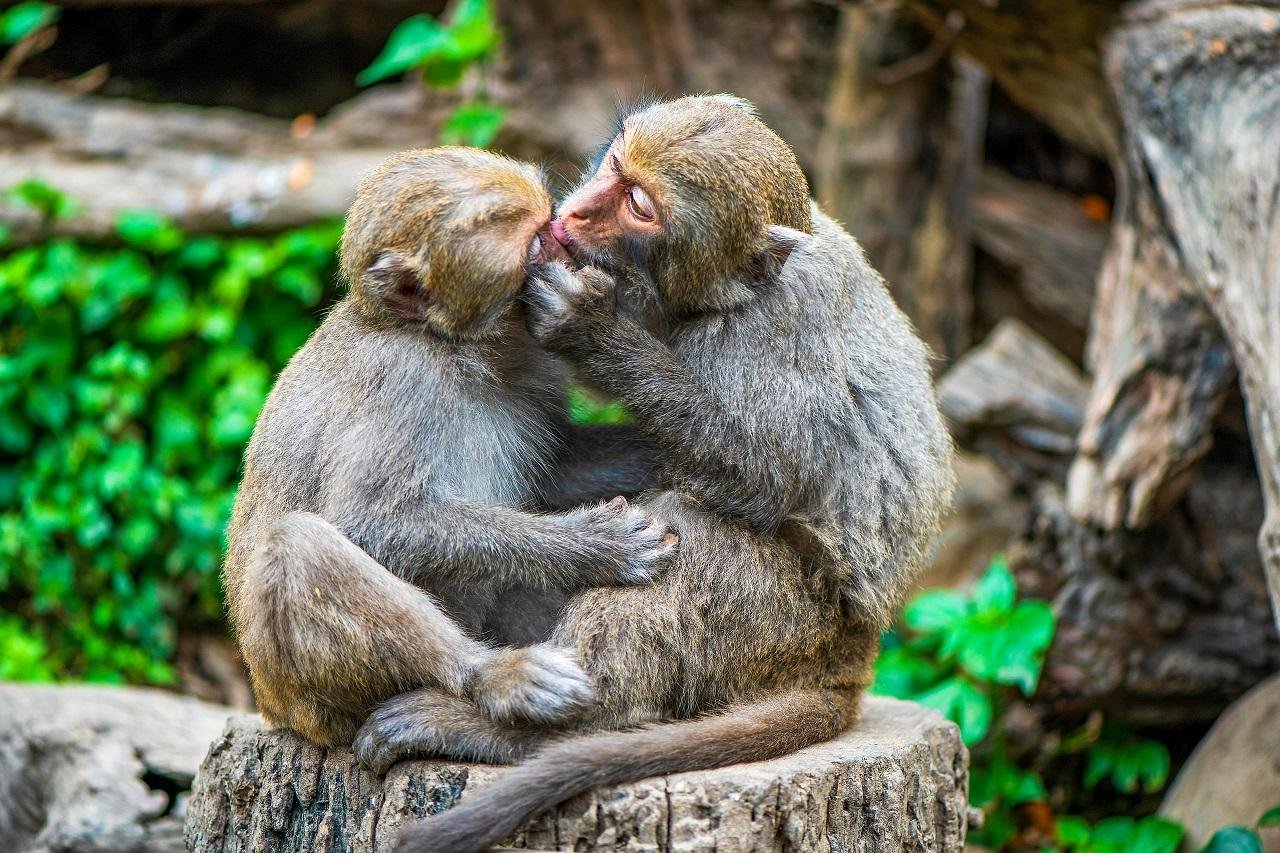
The researchers at Oxford and their international colleagues assembled behavioral data from modern primates and other animals, searching for a consistent pattern of mouth-to-mouth contact that was neither aggressive nor related to feeding.
This strict definition was essential, since similar behaviors, like a mother chimp sharing chewed food with an infant or the territorial “kissing” among some fish, could easily be confused with kissing. With this framework, the team brought together reports of kissing in bonobos, chimpanzees, gorillas, orangutans, and several monkey species, as well as observations of analogous behaviors in mammals and birds.
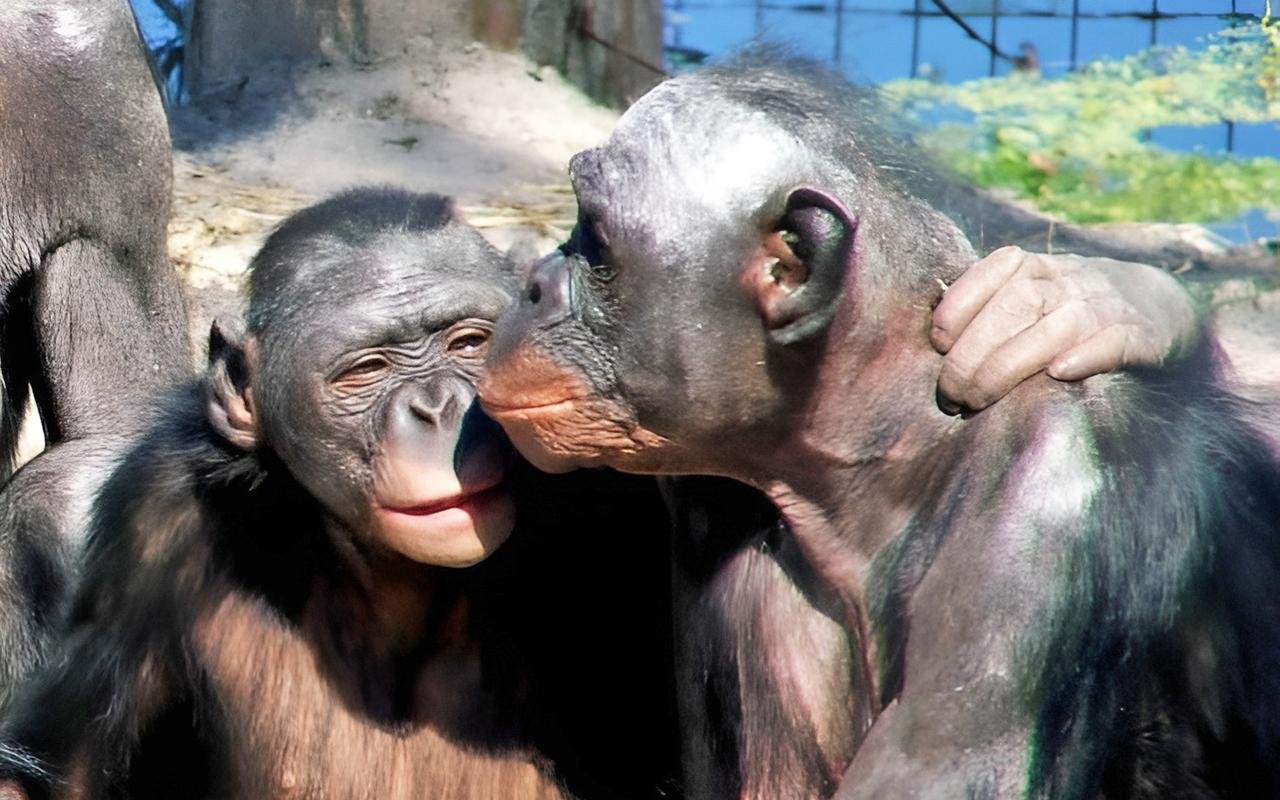
The researchers used Bayesian modeling to treat kissing as if it were a biological trait and simulated millions of evolutionary scenarios on the primate family tree. These results invariably suggested that the origin of kissing can be traced back to a single ancestor of the large apes, somewhere from 21.5 to 16.9 million years ago. Although some primate lineages, like macaques and baboons, do not seem to have inherited the behavior, the evidence suggests that kissing re-evolved independently in some modern species within those groups.
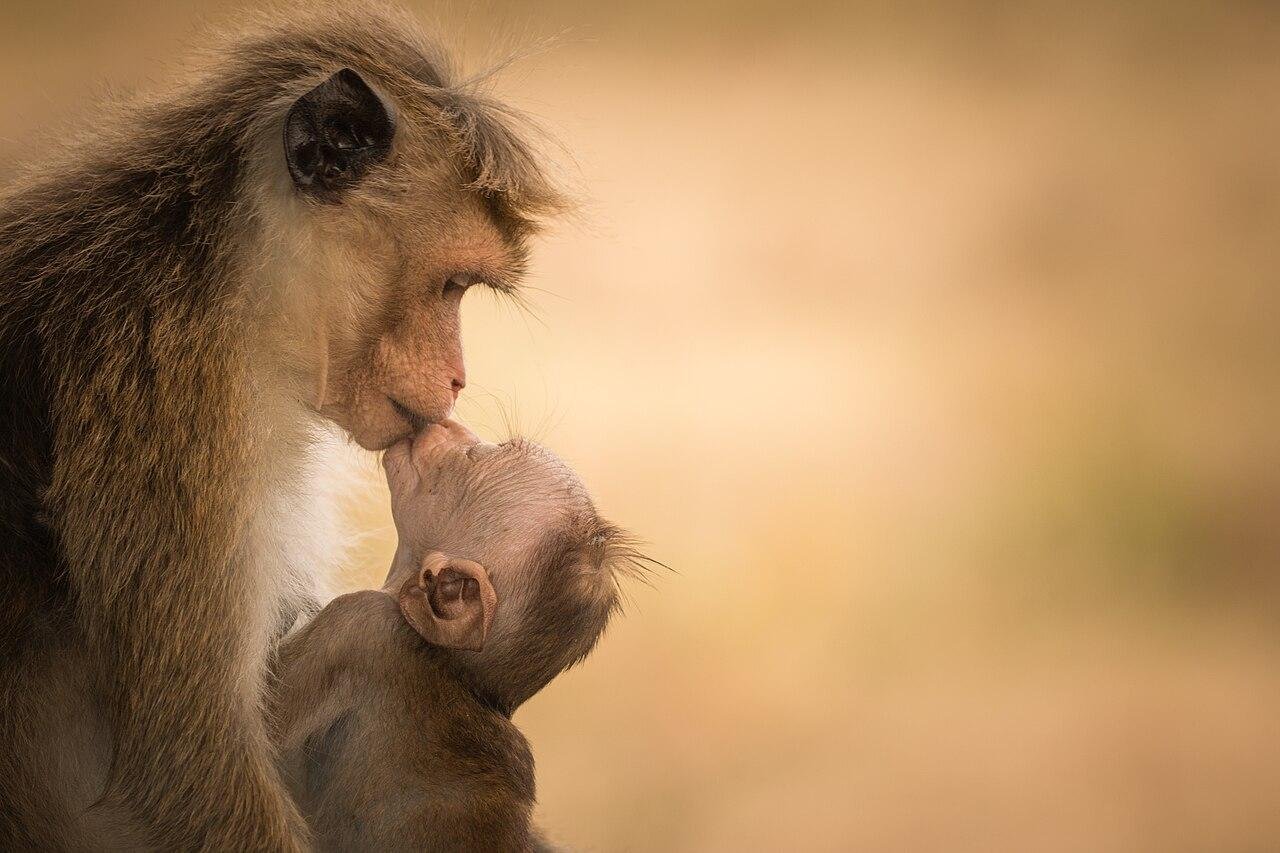
The analyses also suggest that Neanderthals likely kissed and, given prior evidence of interbreeding and shared oral microbes, likely kissed Homo sapiens when the two species were in contact. While that conclusion is consistent with earlier genetic and archaeological evidence, the new study offers the most explicit evolutionary framework for how such behavior could have been shared between the species.
Why kissing persists remains a question. Kissing is far from universal in human cultures, and its possible costs — most notably, the spread of disease — seem to outweigh any obvious survival advantages. Yet several theories persist. Some researchers propose that kissing could help individuals detect subtle chemical signals related to health, immune compatibility, or even the microbial makeup of a potential partner. Others suggest it plays a role in social bonding, much like grooming among primates.
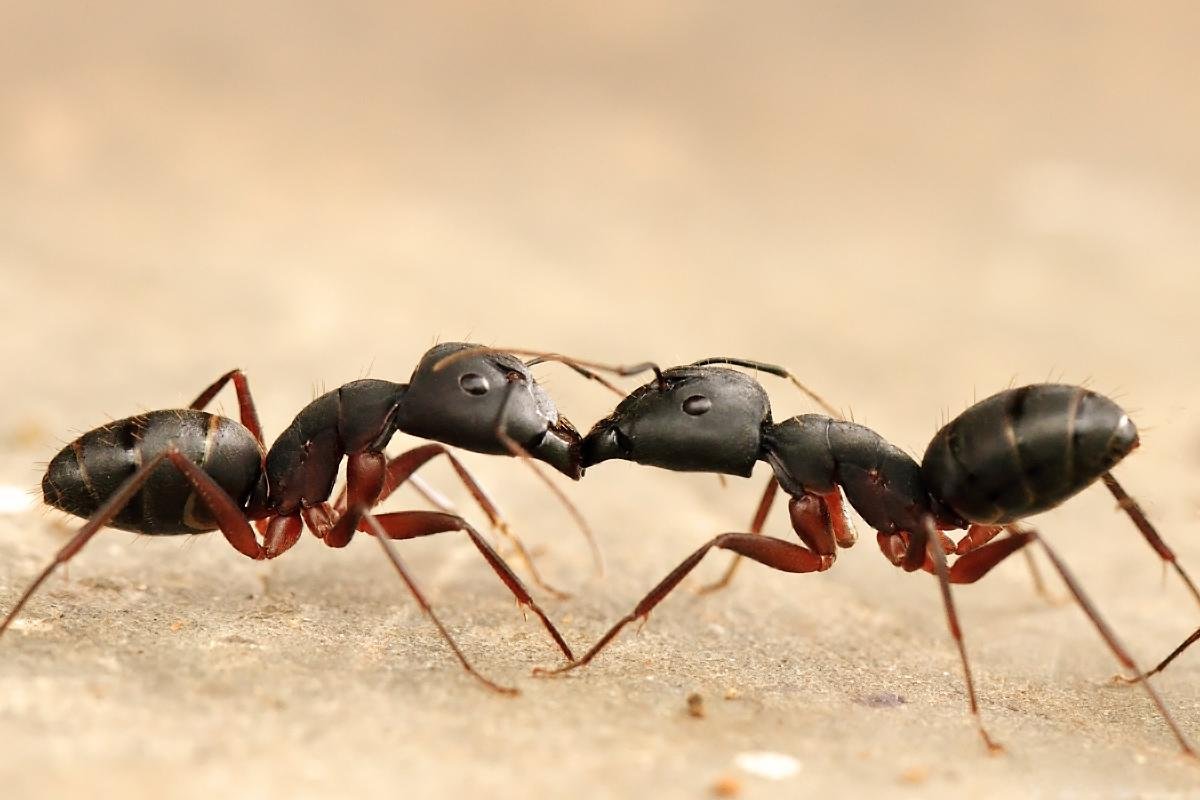
Although limited by incomplete behavioral records for many species, this study lays the groundwork for future research into just how pervasive the behavior really is. Demonstrating that kissing has deep evolutionary roots, these findings expose how this deceptively ordinary act connects modern humans to a long lineage of primates whose social worlds may have been far more complex — and far more familiar — than we once imagined.





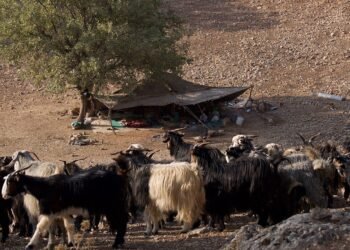
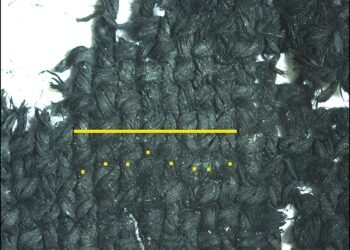
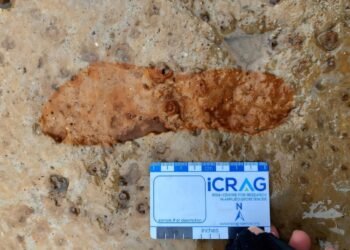
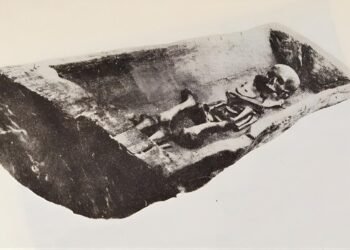















Disclaimer: This website is a science-focused magazine that welcomes both academic and non-academic audiences. Comments are written by users and may include personal opinions or unverified claims. They do not necessarily reflect the views of our editorial team or rely on scientific evidence.
Comment Policy: We kindly ask all commenters to engage respectfully. Comments that contain offensive, insulting, degrading, discriminatory, or racist content will be automatically removed.